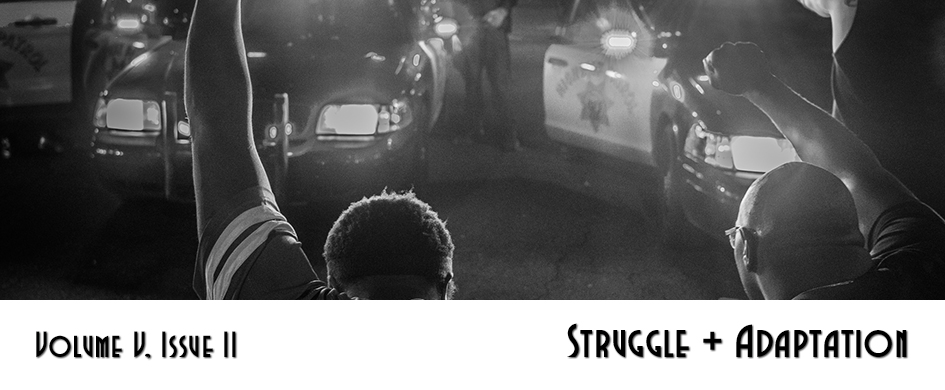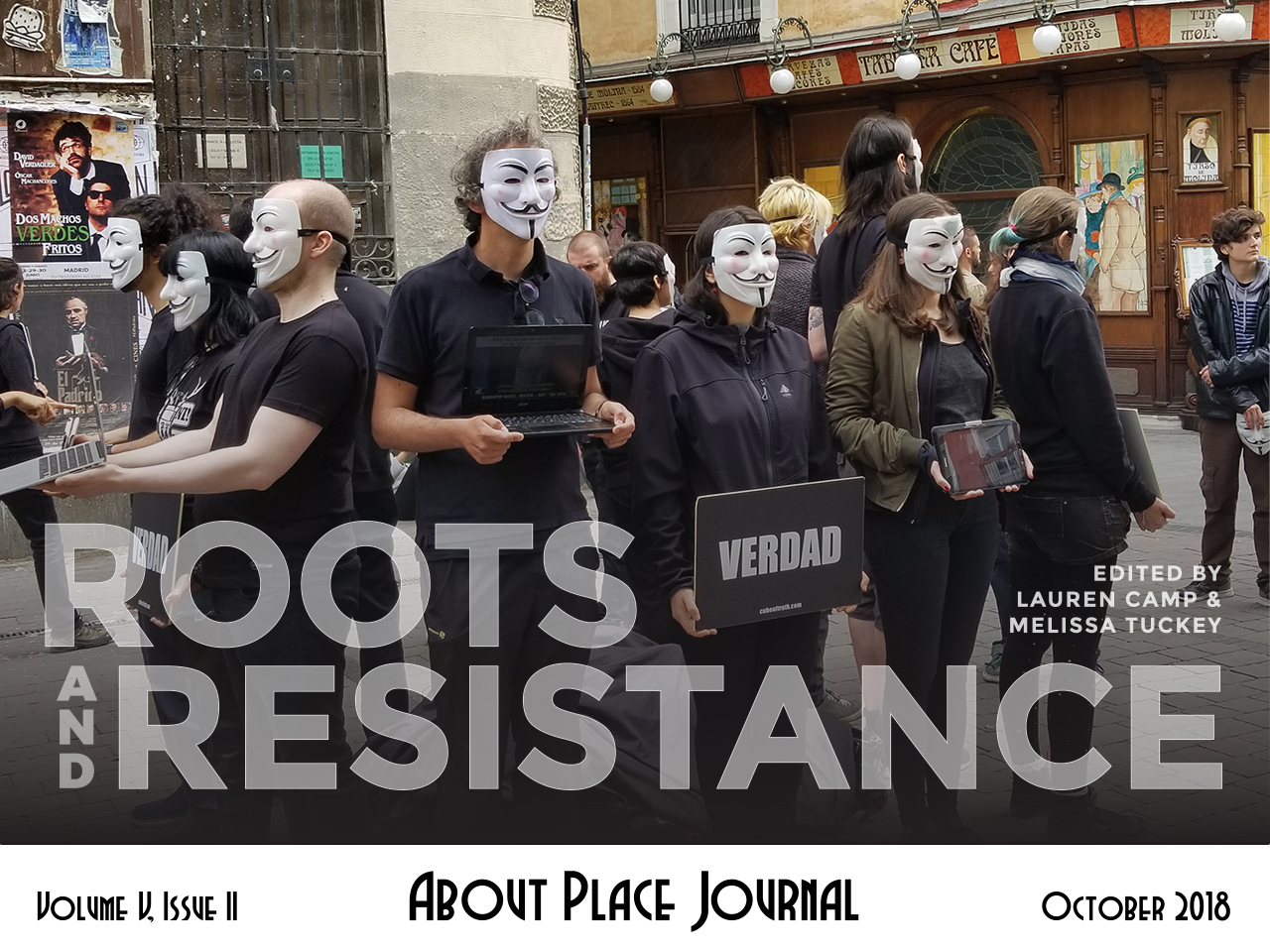There was a time when we were both there, in the same world, constantly pretending to be in another. You and me digging through my old wooden chest full of dress-up clothes and sunhats, cracked leather purses, patent leather heels with busted soles, and a bright pink boa we used to fight over. There were no video games yet, just Saturday morning cartoons and soggy cereal, and eventually sports – soccer or baseball – and me crying about the itchy baseball pants and wearing tights underneath polyester in 90-degree weather. We had wheels: roller skates, roller blades, bicycles. Our bikes dug shallow tracks into the front lawn shaded by that silver maple until those neighborhood kids came by and convinced us to leave home. Somehow we ended up in our garage and the one kid, Eric, gave me a dog biscuit and said it was a cookie. You stood there, scared, biting your lip, when he told us all what it really was, and even more scared when I pretended that I didn’t care it was a dog biscuit and almost broke my tooth to finish the rest, save face. There was that air popcorn machine that made the kernels tap dance until finally échappé! We’d slide our sock-covered feet along the linoleum kitchen floor as they floated into our movie night popcorn bowl. There were those long summer days spent saving each other from sharks in the deep end, the afternoons when we thought we had finally found land, the salty potato chips all the salted fish we had caught while trying to get to the island. Inside, we had other islands, ones that were sinking beneath our footsteps, vanishing into the hot lava that had taken over our bedroom floors. We jumped from bedposts to dressers to desktops with an urgency that shook beneath our bones. Must find land before the lava would eat away at the room – a devouring current of hot molten rocks about to burn our feet – swallow our beds, collapse our walls. I was always a girl named Sarah and you a boy named Dad. We’d reach for each other across furniture and islands, arms extended, one of our fates hanging in the balance over the bright blue chenille carpet in my room, the one with the pattern of veins, coursing through the floor. If we looked down for too long, we could see them pulse; the lava was gaining on us.
We never imagined the floor to be a sea. The carpet was not a calming blue like periwinkle, nor a meditative blue like midnight, but more of a congested blue, like a fresh bruise. And yet, it could only be hot lava and we were always outrunning it like Little Foot in The Land Before Time. You always hated that part when the earth split right beneath Little Foot’s feet and the kids were forced to choose which side to run to and which side to run from or they would fall into the raging lava, lost forever in a volcanic eruption. We didn’t want to be fossils.
There was the sound of liquid, fluid, bodily and not, so many ounces circling down a drain. Trashcan lids slamming, curse words under Dad’s breath, the rustle of garbage bags re-opened, exposed, her secrets bare before the night sky and him. They said it was Lyme disease, they said it was Mono, they said it was depression, but no one ever said it was vodka, not until she was gone.
But before that night, there was the move into the one-bedroom apartment where our missteps were not pillowed with carpet or other soft things. We had to learn how to walk on hardwood floors without making a sound. We no longer had the retreat of our own rooms but squeezed into one world where the furniture wasn’t safe, my privacy allocated to one bathroom cupboard and yours to a lock on the bathroom door. There was blood, now. And heat, body heat, and other. Sarah and Dad were dead, but the neighbors we shared a bedroom wall with were very much alive and loud, unlike our own parents who moved through space with a chilled silence until the cracking and popping and snapping of a glacier calving. The ice would break from the shelf, drop into the abyss, the crashing of canons – shrapnel.
There was that night when Mom and Dad caught the burglar breaking into the apartment across the tiny courtyard and the only reason they caught him was because they were sleeping in the living room when they heard the sound of breaking glass. In whispers, they narrated on the phone to the police as they peeked through the blinds, witnesses to a crime. Dad got an award from the LAPD and we never asked why Mom did not. They had caught him together, but he was always better at being the hero.
I don’t remember when it started, you and your walking sticks. Maybe it was during that camping trip to Mammoth when she had stopped drinking and they were trying to work it out. That was the trip when I caught the fish through its eye and Dad told me I needed to remove the hook, but I couldn’t do it. The fish flopped and bucked, my small fingers trying to wrangle its slippery body, grasping at life, it slipped through my fingers and then it stopped. That was the trip when the motor died in the middle of the lake and Dad paddled us back with rough oars that must have splintered his hands. For a while, you and me, we shared rowing one of the weathered oars but I didn’t like the feeling of the wood on my hands and you were too little to keep up with the pace. We found a seat cushion we could flash to other fisherman that read “NEED HELP.” You snapped a crooked picture of me, holding the sign. We giggled and joked about mental illness before tucking it away, back under our seats.
Maybe it happened when Dad asked us to collect firewood and you would disappear and come back with stacks of sticks, twigs, and one time a moose that followed you back to our campsite. Maybe it was the camping trip after she had left the family when walking upward or homeward or anywhere became too hard. Maybe we all should have picked up a stick, but instead I teased you and Dad told me to leave you alone. It got to be so much, that you couldn’t go on a hike without picking up the biggest stick you could find and eventually you couldn’t even go to soccer practice at the park without bringing one home. You could never leave them where you found them and all year long I had to look at a pile of sticks from family camping trips past and the splintering trees of the San Fernando Valley: Sycamore, Sweetgum, Valley Oak, Pine, Silver Maple. You never said anything about the sticks. Once they came home, you just stuffed them in the corner of our room and soon you hid them in our closet, a secret I was no longer let in on. Maybe there were just too many we shared. Me, a constant reminder of the woman missing and you a constant reminder of the woman I had to be.
By the time I left there were so many sticks, that whenever you opened your side of the closet a couple would come crashing to the floor setting off our neighbor with the red hair and insomnia eyes. I would yell at you, complain to Dad that you were keeping a rotting tree in our closet, to which he would say, “So, let him,” and so I tried. Maybe you were building a new tree, a collage of splinters, something, anything to give us more air, more space in that one bedroom on Whipple Street, with the Valley heat and the puppy from the pound and the fucking neighbors and her memory in every corner of the apartment – the oak entertainment center with the burnt out light, the threadbare bathroom towels, the strands of blonde hair stuck in the hairbrush. She left when I was 11, you 9, but it wasn’t until I left for college that we could all start breathing again, moving again.
It was only then when the room became yours, and Dad suggested it was time to throw them out and you, then a teenager, trembled then crumbled with loss, tears from a 16-year old boy, the kind I couldn’t make fun of, that I saw these walking sticks for what they were: a home you couldn’t bear to see thrown out.
All this time, I thought you were lucky the one.


